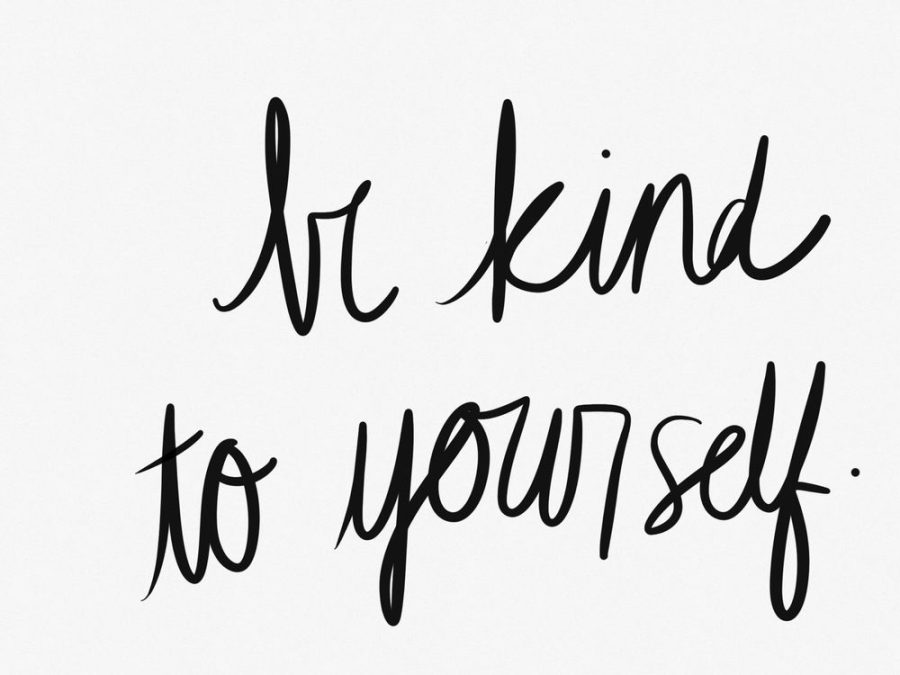Remember the Self: Limits to Virtue Exist
March 20, 2018
Recently, I was introduced to one of Aristotle’s philosophical concepts in my ethics class regarding the nature of virtuousness. Although Aristotle’s work originates further back in history than most of us can even comprehend, his ideas remain easily applicable to life in contemporary society. For example, Aristotle asserts that a number of virtues exist and that each virtue corresponds with a deficiency and excess state.
My classmates introduced the idea that all people are accustomed to examining our own deficiencies. We recognize deficiencies in patience, kindness, generosity and discipline constantly, because we are constantly critiquing ourselves and attempting to improve ourselves. Often, however, we fail to consider practicing virtues in excess and the manners in which doing so can contribute to a detriment of well-being and personal attention.
Beginning in early childhood, adults teach us that we must devote ourselves fully to others’ well-being. We must share, we must behave kindly, we must forgive and we must put forth our best efforts into every task in which we embark. After this conditioning, many of us develop the idea that we must give up ourselves entirely for the benefit others or for the pursuit of goals. However, at a certain point, this giving up of ourselves becomes unproductive and produces a deterioration of the self.
Consider the principle of forgiveness. Again, teaching forgiveness begins in early childhood. The adults in our lives preach a formula, stating that if someone does something that hurts another person, they need to apologize and then they will receive forgiveness. This idea, in theory, seems to produce goodness. Forgiveness keeps everyone functioning well and helps maintain positive attitudes by promoting friendship and unity. Conflict resolution is important throughout all phases of life and developing the skill early on will contribute to greater success and ease later in life.
However, what about when someone continuously wrongs you? Time after time, they apologize and time after time, they continue to cause you pain. Is swiftly and automatically answering with, “It’s okay. I forgive you,” really the best solution, if not for yourself, but for society as a whole? Apologies begin to lose meaning when true remorse and thus reformation do not follow them. Too many times, benevolent and kind people guilt themselves into providing endless forgiveness to others without commanding different treatment. Maybe such a mindset does not follow a number of religious ideals, but it does in fact align with ideals centered on personal and societal wellness.
Based on the bit I have recently learned about Aristotle’s theories of virtue, I think Aristotle would argue that there is a limit to the goodness that tasks of seemingly limitless goodness, like forgiveness, can provide. At a certain point, blind forgiveness loses value because the person granted the forgiveness has clearly decided to avoid changing themselves. Conversely, refusing forgiveness by cutting another person off completely, seems cold in many (but not all) situations.
Therefore, Aristotle’s words indicate he would advise people to find a middle ground. For example, if someone repeatedly asks another for forgiveness but fails to commit to personal change, Aristotle would support the response: “I appreciate your apology, but I am going to need to see real change before I can forgive you. The things you have done have really hurt me and seem to be happening over and over.”
After my ethics lesson, I found that I have experienced continuous blindness in the idea that all virtue is limitless. I have been taught- and continuously reminded- that there is no limit to the benefit of kindness. While I will always condone treating others with love, kindness and respect, I’d also encourage everyone to note when their virtuous behavior seems to fall in the excess category.
Ask yourself: Am I forgiving someone continuously without asking them to make real change? Am I being too generous, giving up everything for all of my friends and losing myself while receiving nothing in return? If your kindness or virtue towards others begins to erode attention and care towards the self, ask yourself if your benevolence has passed the range of helpful and crossed into harmful.








